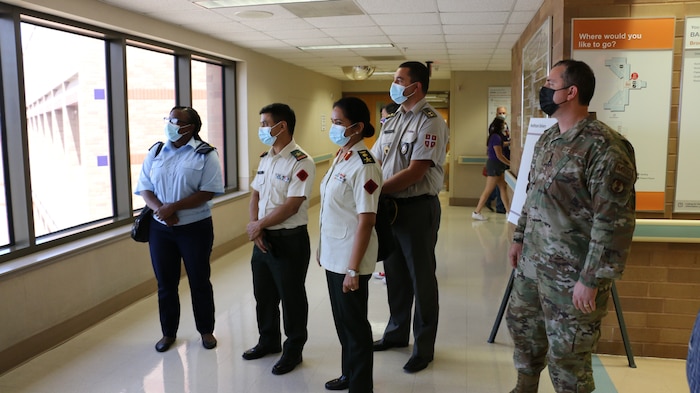exam question: Can health be global?
Terms of the question:
“equality” → see definitions
“care” → see definitions
“Myth”: in this context can mean “.
The question that pinpoints the problem, that is, the fundamental problem implied by the question, is centered around the idea that there must be equality in access to care. This implied value could be questioned, even if the question had this need or benefit of equal access to care for granted. The exam question thus led more simply to the question: are we all equal when it comes to being treated? Can everyone afford to be healthy, can everyone get care in the same way as others?
Directions:
The classical and effective outline for this kind of subject was to notice that indeed our society posed as an ideal for the possibility for everyone to have care, and that this care is qualitatively identical for all (I). Then to see that unfortunately this ideal is still far, in spite of certain attempts to reach it.
Many other outlines were possible, even more efficient or more subtle, do not hesitate to propose yours in comments!
Data:
See our article on differences in access to health care, which was ideal for this topic:
- Health status of the French population in 2014
> Answer key for the 2nd question: Can health be global?
This subject was undoubtedly the more difficult of the two. In particular because linking the issue of globalization to that of health, and applying health on an international scale, is a challenge that is rarely addressed or mentioned when talking about health. Health in our societies is indeed more naturally part of the state framework than at the interstate level.
Terms of the question:
“health” → see definitions
“global” → see definition, part 2 of article: difference globalization/globalization
issues:
To find the question that pinpoints the problem, we need to understand what is behind the question, “Can health be global?” We have already begun to discuss this in the introduction to this answer key. Health naturally develops within the framework of the state, the country. The idea of health on an international scale seems little considered. However, global problems (epidemics in particular) force us to question the global action of States in relation to health.
Can States collaborate whether through organizations (WTO) or through their own actions when it comes to health?



Good evening, do you know what was approximately the rank of the last admitted to the second year 2014 contest of the Sciences Po of provinces? thanks in advance
For my part, I based my approach by making a loop on the health law: starting from the observation that it has aroused strong disputes in public opinion, access to health is far from perfect and the State must now reform its system to be able to prevent a total swing from reality to myth, therefore: I) health policy was one of the first concerns of the State to guarantee equal access to care for its population A) policies from the 19th century to the welfare state, access to care seems to be egalitarian and an effective reality B) the health scandals and the economic crisis of the end of the 20th century seem to disrupt the health system, health inequalities have widened II ) a large-scale structural reform of the health system is necessary to guarantee in a lasting way equal access for all to care care, inequalities remain well resolved they and the myth seem to be taking shape B) the ayraut government’s national health strategy and the health law passed in mrs could change the situation, but other changes must take place to return to real equality of access to care.
@Amartya Rawls: Thank you @Amartya Rawls! If other candidates want to comment, say what is good, or what they would have done, vis-à-vis this plan, it will be with pleasure! Do not hesitate to propose your outline in turn.
Hello everyone, Well here I go, I took subject 1 and here is my plan: Problem: how to reconcile equality, freedom and responsibility in access to care? I. Equal access to care is a pillar of the Welfare State, but it is bankrupt. A/ Goal: compensate for the vagaries of fate according to principles of justice (Rawls…) with a certain success. B/ But the crisis seems to consecrate the mythical character of equal access to health. II. If egalitarian access to care is a subversive ideal, there is nonetheless a need to promote principles of justice that should guarantee equal freedom in the face of health and health policies. A/ A dangerous ideal: the double threat of curative politics and the medicalization of life. B/ Hence the emergence of health democracy even has to rebuild a system that is if not fair, at least fairer through the participation of the citizen (the individual within the framework of the State) in health policies.